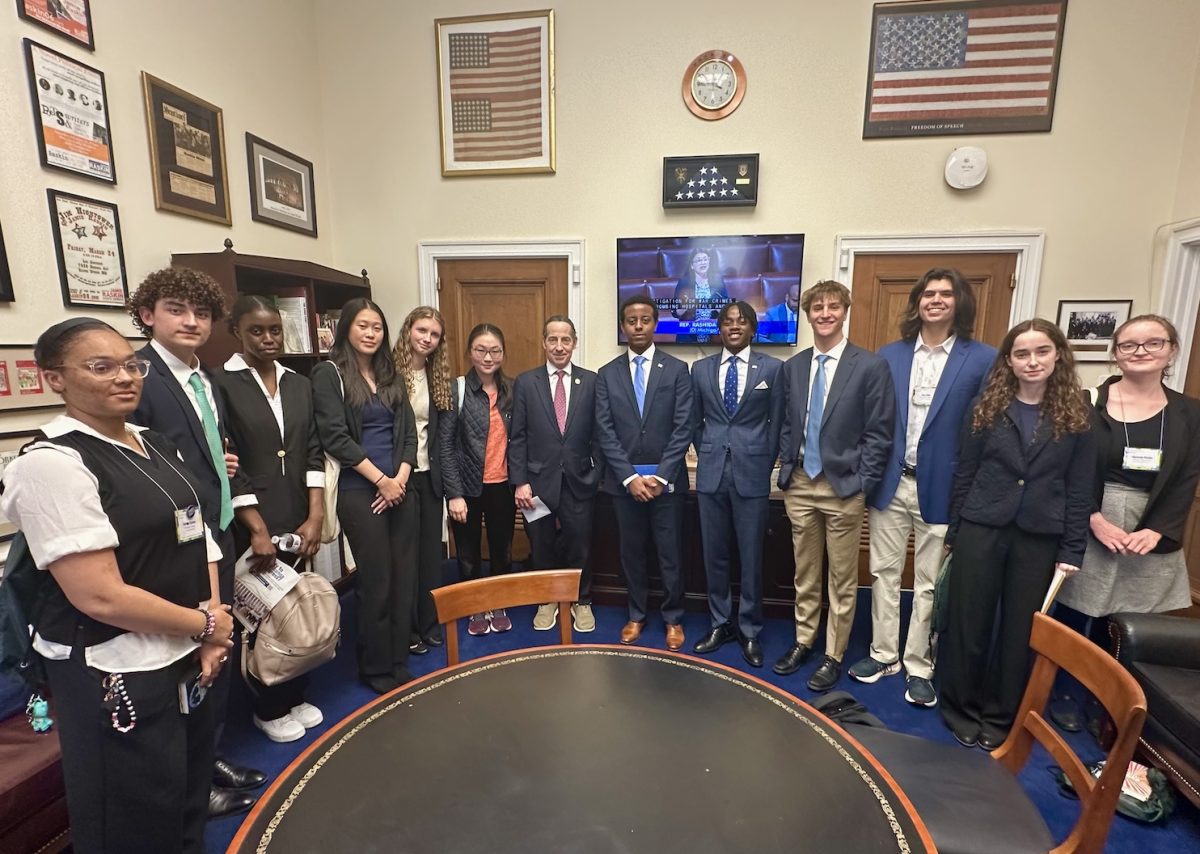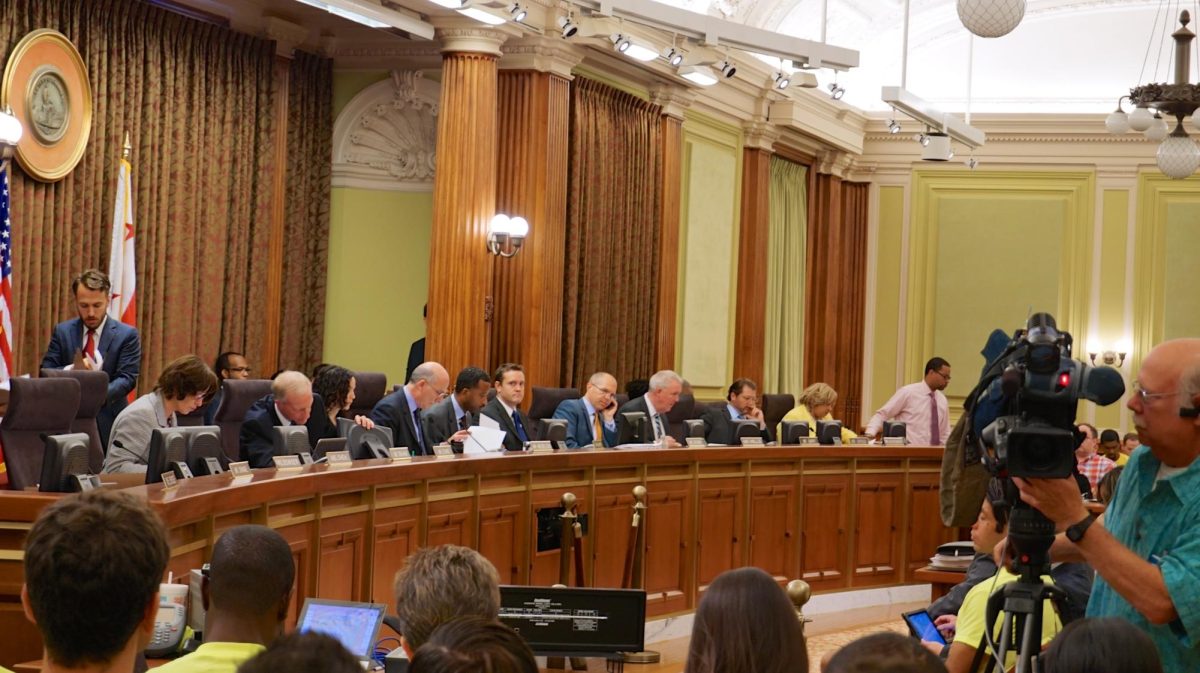“Tempestuous Elements” at Arena Stage tells the true story of Anna Julia Cooper, a Black feminist and educator during the late 19th and early 20th centuries. The play centers on Cooper as she fights for her students’ rights to have an advanced curriculum during her time as a teacher and principal at M-Street High School in Washington, one of the first high schools for Black people in the United States. Written by Kira Corthron and directed by Psalmayene 24, “Tempestuous Elements” highlights the movement for educational equity at the turn of the 20th century.
Cooper, portrayed by Gina Daniels, is considered by many to be the “Mother of Black Feminism.” Born into slavery in 1858 in Raleigh, N.C., Cooper lived through the Civil War and attained her freedom. After her husband’s early death, she attended Oberlin College in Ohio on a full scholarship, following a track designed for men. She graduated in 1884 and returned in 1887 to pursue a master’s degree in mathematics.
Cooper’s first book, “A Voice from the South: by a Black Woman of the South,” was published in 1892 and centered on education for Black women. During the same year, Cooper co-founded the Colored Women’s League, an organization that advocated for Black women’s rights and later merged with the Federation of Afro-American Women to become the National Association of Colored Women. While principal at M-Street High School from 1902 to 1906, Cooper emphasized the importance of college preparation for Black students.
“Tempestuous Elements” unfolds in 1905 during a heated controversy surrounding Cooper’s teaching style. Unlike the all-white District of Columbia State Board of Education, Cooper believed that all students should have a liberal arts education, with the hope that Black students would pursue further studies in college. The Board of Education believed Black students should only learn labor skills. Under pressure from the board’s director, Cooper faced criticism of her personal and professional life in an attempt to coerce her into changing the curriculum. Disagreements over educational philosophy ultimately led to Cooper’s replacement.
The production was highly praised, and many theater critics noted the play’s cast in particular. “The ensemble cast perfectly pays homage to this woman’s legacy and her indefatigable sense of hope,” stated freelance writer and playwright Anne Valentino in a review for Maryland Theatre Guide.
“As the principal at the center of the storm, Gina Daniels quickly emerges as a wonderfully complex and low-key heroine,” Valentino said.
In an interview with Washingtonian, playwright Kia Corthon said that she was “shocked to find that there was this incredible Black woman who’d done great, selfless work for over 100 years” and yet she had “never heard of her.” Corthon was commissioned to write “Tempestuous Elements” by Arena Stage.
“[Cooper] felt that every child was owed an education, and that they should be able to make choices about their own education,” Corthon explained.
“Tempestuous Elements allows us to examine the function and impact of these structures through the prismatic history of our very own city,” Arena Stage Artistic Director Hana Sharif wrote in a post for “The B-Side,” the theater’s blog. “Each of us, no matter our background, can certainly comprehend what it means to feel constrained by narrow perceptions of others.”
Shariff concluded that “we can trace the cracks from the cumulative pressure on the glass ceiling that spiders outwards as women, people of color, and intellectual pioneers continue to chafe against the status quo.” “Tempestuous Elements” serves as a memento to the historically under-appreciated rule-breakers.








































